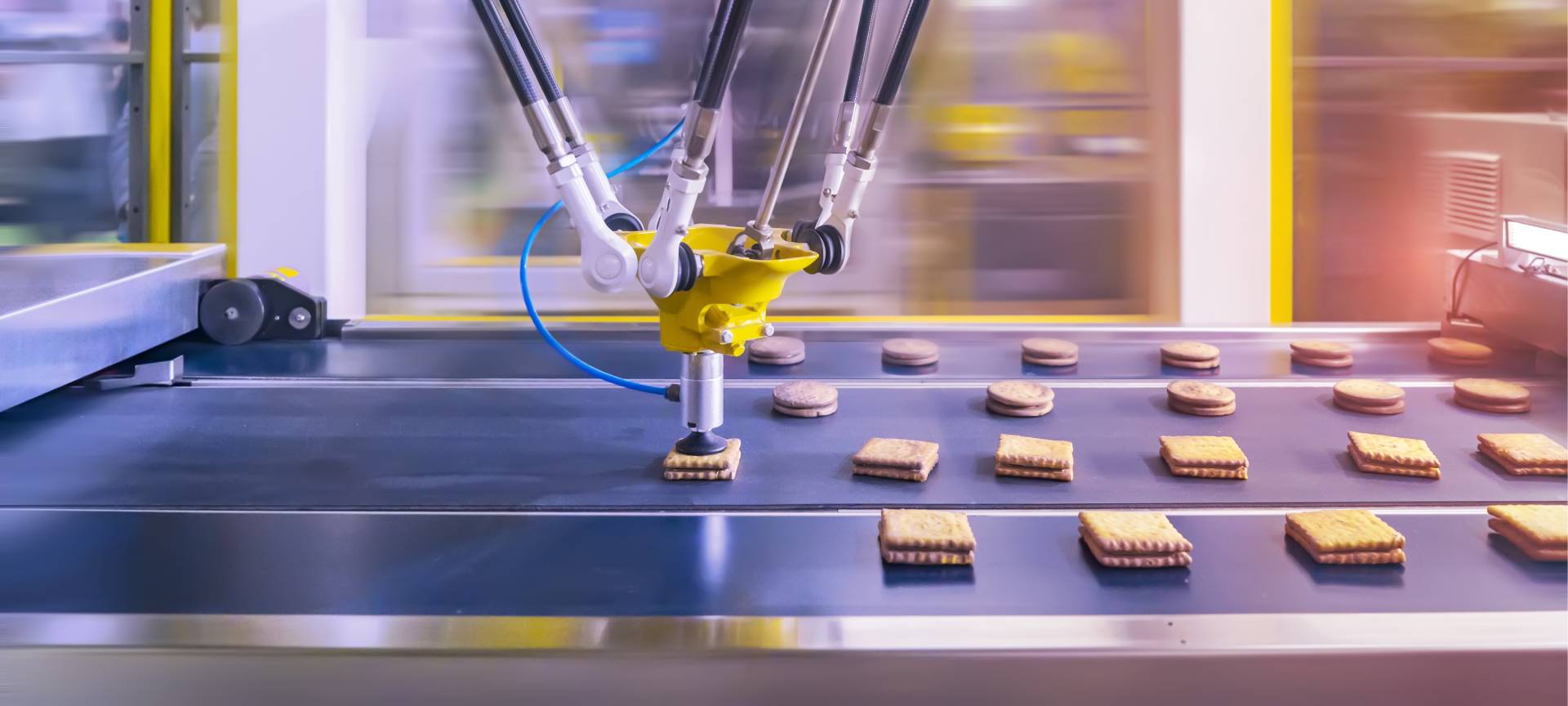Modular future-proof food factory offers agility and lower costs

Royal HaskoningDHV was challenged by our client, a multinational food manufacturer, to develop an innovative food production plant fit for the future. The consumer market is changing and requires more agility from manufacturers. Production needs to be flexible and efficient to enter new markets quickly, respond to changing consumer demand and maintain market share in the face of local competition. Cost reduction is key but flexibility is becoming more important. While efficiency has been the main driver for manufacturing over past decades, it alone is not good enough anymore.
Question opens up wide-ranging avenues for solution
We started, not by jumping to a solution, but by using design thinking to really understand the questions behind the one we had been asked. This was important due to the large number of potential routes a solution could take. For example, should it focus on automation, modular factories, supply chain arrangements? Was there an advantage in looking at machinery, or would it be better to focus on buildings and utilities?
A further level of complexity was provided by the breadth of stakeholders. The project involved input from our client’s global centres all over the world. Each had their own challenges, cultures and interests which they hoped the future-focused project would solve.
The question brought together economic, legislative, technical and environmental assessments. By challenging assumptions and breaking down barriers we were able to create a different way of thinking which could achieve the cost reduction and agility being sought.
Design thinking challenges assumptions to create a new way of envisaging production
Following this process of redefinition, we were in a position to brainstorm solutions with our client. A large number of potential routes were identified and the economic viability and technical feasibility of each was assessed. This enabled us to provide our client with a provisional business case indicating the level of cost savings offered.
Future-proof factory concept can reduce lead times by up to 50%
From there, we started working on a modular factory concept for local markets. Local production is important for sustainability and resilience as it shortens the supply chain and increases agility. The factory can be scaled up for larger-volume production by adding modular units. This modular concept could cut lead times by 50%, with dramatic impact on speed to market. Such concepts create a fit-for-purpose approach, only building what is needed, which reduces capex.
“A key advantage for our client was the combination of expertise in consultancy, engineering and project management that we brought to this complex project, not only strategically but especially on the feasible implementation of the modular concept,” the specialist added. “Another benefit was insight and experience from a wide range of industries in our project team. Food manufacturers can benefit from disruptive solutions being developed within automotive, pharmaceutical, electronics and other markets.”
Discover more about delivering excellence in manufacturing and supply chain operations
Industry solutions





